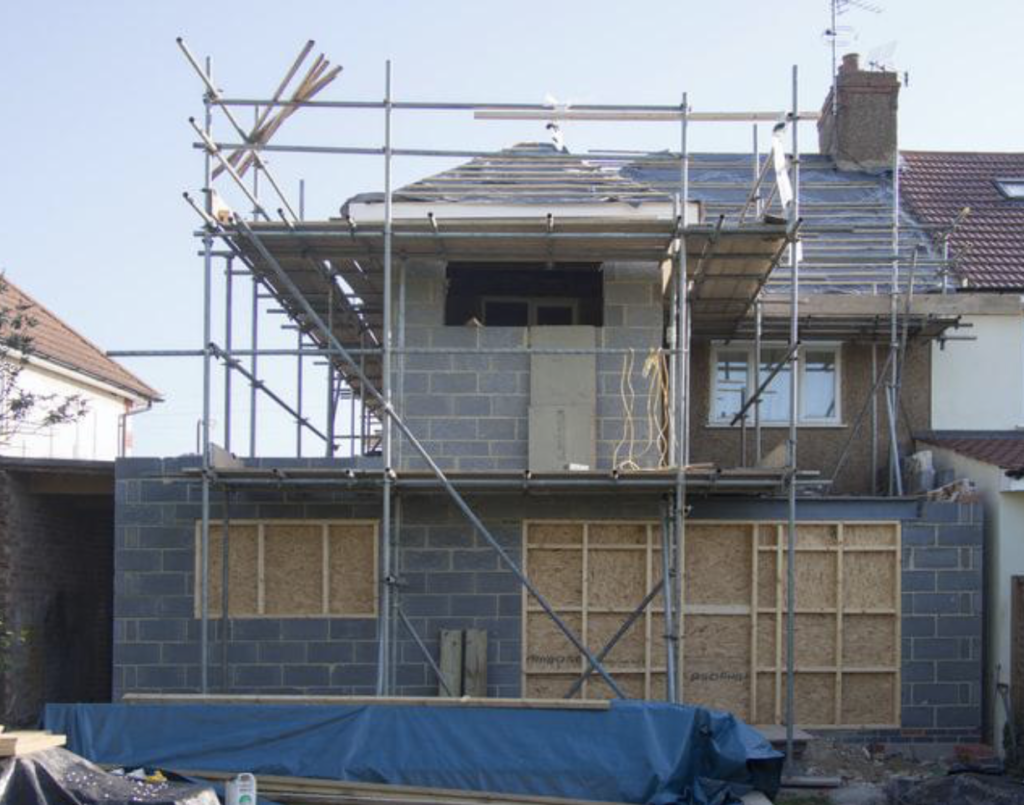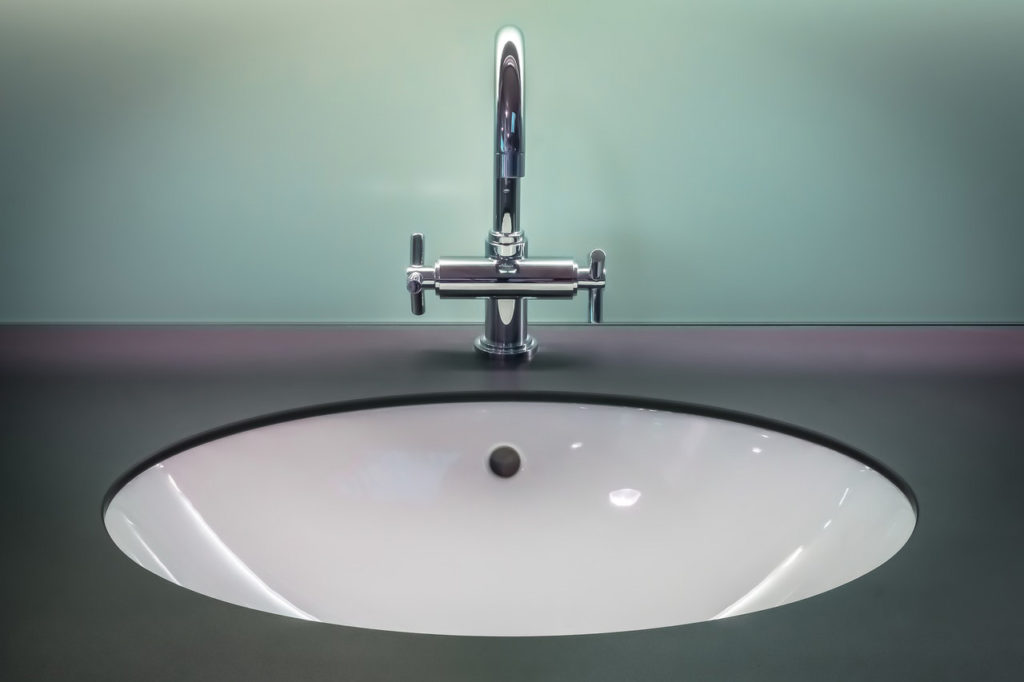
“Do I need a home inspection on new construction?”
This is a question that home inspectors often hear. When considering whether to shell out the expense of hiring an inspector for new construction, there are some good reasons why you should and few (if any) reasons to pass on it.
If you’ve just had a custom-designed home built from scratch, why would you need an inspection? Didn’t the building inspectors take care of that? Not necessarily. Municipal building inspectors don’t look at the same details as independent home inspectors. That’s why it’s not a good idea to assume your home will be perfect just because it’s brand new. Sometimes builders and their subcontractors might miss some of the small things. And while we’ve all heard the expression, “Don’t sweat the small stuff,” that’s just what home inspectors do. They pay attention to the small details that builders and building inspectors might miss.
While we may assume that new homes should be mostly issue-free, that’s not a safe assumption. Inspectors cite a number of underlying issues that might need to be addressed. Let’s take a look.
Common issues with new construction
Inspectors might find a few problems in newly-built homes. Busy contractors and subcontractors can overlook small defects that a skilled inspector will spot. Some of the problems found in new construction home inspections include:
- Drainage and grading issues, which could lead to future water and structural damage
- Gaps and cracks on decks and patios
- Loose rails on decks and outdoor stairways
- HVAC problems, such as loose connections and faulty thermostats
- Electrical issues, like open grounds, improperly wired outlets, and missing or cracked switch plates
- Window leaks
- Humidity and water issues
- Doors that stick or don’t shut properly
- Plumbing problems, such as reversed hot and cold faucets, leaks, missing shut-off valves, and more.
New construction may reflect small gaffes, such as wobbling toilets and missing faucet handles in laundry rooms, for example. Your home inspector will spot these things.
It’s all in the details…
In new construction inspections home inspectors are looking for all the little things that the building inspector is not going to inspect: All the switches, outlets, faucets, bath fixtures, bath fans, etc. The building inspector makes progress inspections throughout the building process, but he is not going to check all the small details.
Also, building inspectors don’t usually check appliances, but a home inspector is going to operate the permanently installed kitchen appliances, such as range, microwave, oven and dishwasher.
New home checklist
One important consideration is making sure all the utilities are turned on prior to a home inspection. It’s a waste of everyone’s time if the inspector shows up and the home is not ready for inspection.
Here’s what inspectors look for in new construction:
- HVAC systems, including the thermostat
- Plumbing, toilets, sinks, and sump pumps
- Electrical conductors, circuit breakers, meters, and panelboards
- Attic, insulation, and ventilation
- Appliances, such as dishwashers, disposals, ovens, and microwaves
- Roof, chimney, and gutters
- Doors and windows
- Exterior items, like walkways, driveways, decks, patios, and garages
- Foundation, basements, crawlspaces, and grading
Is it wise to skip inspection?
Whether you skip inspection or not, be sure your builder has a new home warranty in place, to protect you if defects show up after the home is closed. Warranties can range from one to ten years.
When you buy a newly constructed home, you want to make sure that it’s the builder, not you, who is responsible for fixing any problems. Pre-closing issues will fall squarely on the builder’s shoulders. You’re not debating whether the item is something the builder will negotiate to fix or not. It’s brand-new construction, and they are obligated to ensure their work was done properly.
Another thing to consider is a second inspection 10 or 11 months down the road. Many homes have only a one-year warranty, so it’s a good idea to spot any issues while that warranty is still in effect. Be sure to know the specifics of your home warranty, as there are no “one-size fits all” warranty templates.
You need a more experienced eye
Don’t let the polish and glitter of a new home dazzle you. Your new home might look flawless to you, but a seasoned inspector might uncover problems that can be nipped in the bud before you move in.
Avoid unpleasant surprises! Contact Asheville Home Inspector Peter Young before signing any contracts. Call (828) 808-4980, or click the link below to make an appointment.





